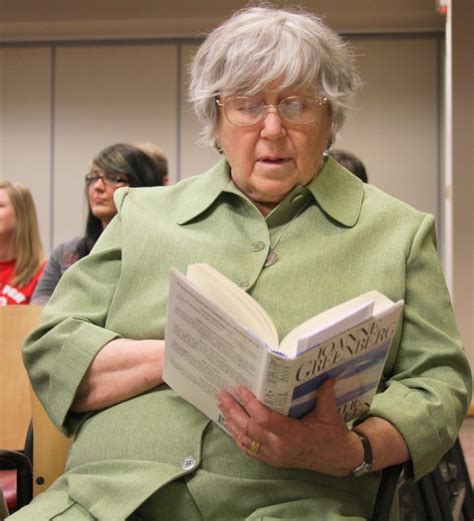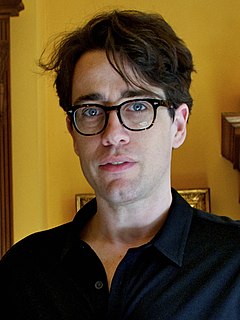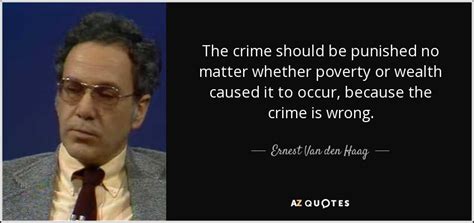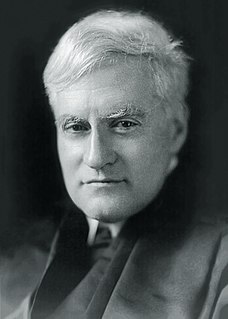A Quote by Michel Foucault
it is the certainty of being punished and not the horrifying spectacle of public punishment that must discourage crime
Quote Topics
Related Quotes
Governments have tried to stop crime through punishment throughout the ages, but crime continued in the past punishment remains. Crime can only be stopped through a preventive approach in the schools. You teach the students Transcendental Meditation, and right away they'll begin using their full brain physiology sensible and they will not get sidetracked into wrong things.
The best crime stories are always about the crime and its consequences - you know, 'Crime And Punishment' is the classic. Where you have the crime, and its consequences are the story, but considering the crime and the consequences makes you think about the society in which the crime takes place, if you see what I mean.
He’s bound to have done something,” Nobby repeated. In this he was echoing the Patrician’s view of crime and punishment. If there was a crime, there should be punishment. If the specific criminal should be involved in the punishment process then this was a happy accident, but if not then any criminal would do, and since everyone was undoubtedly guilty of something, the net result was that, in general terms, justice was done.
In our worship of certainty we must distinguish between the sound certainty and the sham, between what is gold and what is tinsel; and then, when certainty is attained, we must remember that it is not the only good; that we can buy it at too high a price; that there is danger in perpetual quiescence as well as in perpetual motion; and that a compromise must be found in a principle of growth.








































